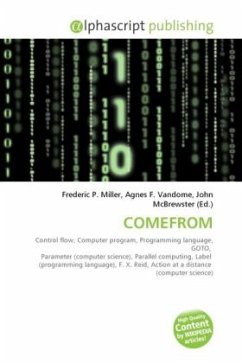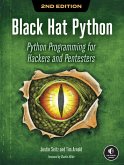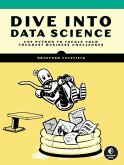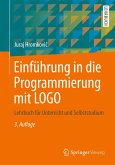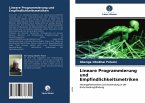In computer science, an evaluation strategy is a set of (usually deterministic) rules for evaluating expressions in a programming language. Emphasis is typically placed on functions or operators: an evaluation strategy defines when and in what order the arguments to a function are evaluated, when they are substituted into the function, and what form that substitution takes. The lambda calculus, a formal system for the study of functions, has often been used to model evaluation strategies, where they are usually called reduction strategies. Evaluation strategies divide into two basic groups, strict and non-strict, based on how arguments to a function are handled. A language may combine several evaluation strategies; for example, C++ combines call-by-value with call-by-reference. Most languages that are predominantly strict use some form of non-strict evaluation for boolean expressions and if-statements.
Bitte wählen Sie Ihr Anliegen aus.
Rechnungen
Retourenschein anfordern
Bestellstatus
Storno


